A small early study released on Saturday found that a single infusion of an experimental gene-editing drug appears safe and effective for cutting cholesterol levels, possibly for life. The study, which involved 15 volunteers, found that one infusion of the drug, which uses the CRISPR gene-editing technique, could safely reduce cholesterol and levels of harmful triglycerides by about half.
According to the study, the participants received a single infusion of the experimental drug and were monitored for several months. The results showed that the treatment significantly reduced low-density lipoprotein (LDL) cholesterol, often referred to as "bad" cholesterol, and triglycerides, a type of fat found in the blood. The researchers noted that the treatment was well-tolerated and did not cause any significant side effects.
"This is a very promising development in the treatment of high cholesterol," said Dr. Matthew Maurer, a cardiologist at Columbia University Medical Center, who was not involved in the study. "The idea that we could potentially give people a cure for high cholesterol, rather than a lifetime worth of medicine, is a game-changer."
High cholesterol is a major risk factor for heart disease, which is the leading cause of death worldwide. Current treatments for high cholesterol often involve taking medication for years, which can have side effects and may not be effective for everyone. The new gene-editing treatment, on the other hand, has the potential to provide a long-term solution for people with high cholesterol.
The study was conducted by a team of researchers at the University of Pennsylvania, who used the CRISPR gene-editing technique to modify the PCSK9 gene, which plays a key role in regulating cholesterol levels. The researchers noted that the treatment is still in the early stages of development and more studies are needed to confirm the results.
While the results are promising, experts caution that the treatment is not yet ready for widespread use. "This is a small study, and we need to see more data before we can say for sure whether this treatment is safe and effective for everyone," said Dr. Steven Nissen, a cardiologist at the Cleveland Clinic. "However, the potential for this treatment to revolutionize the way we treat high cholesterol is significant."
The researchers plan to conduct further studies to confirm the results and to explore the potential of the treatment for other conditions. In the meantime, people with high cholesterol should continue to work with their healthcare providers to manage their condition using established treatments.
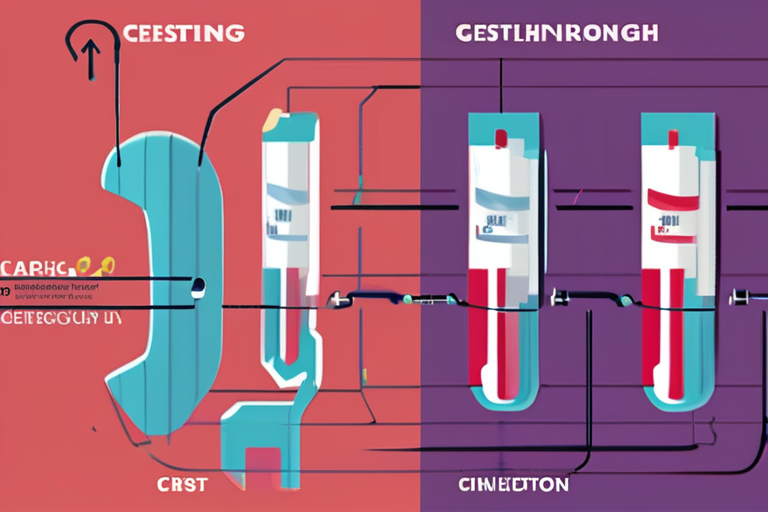






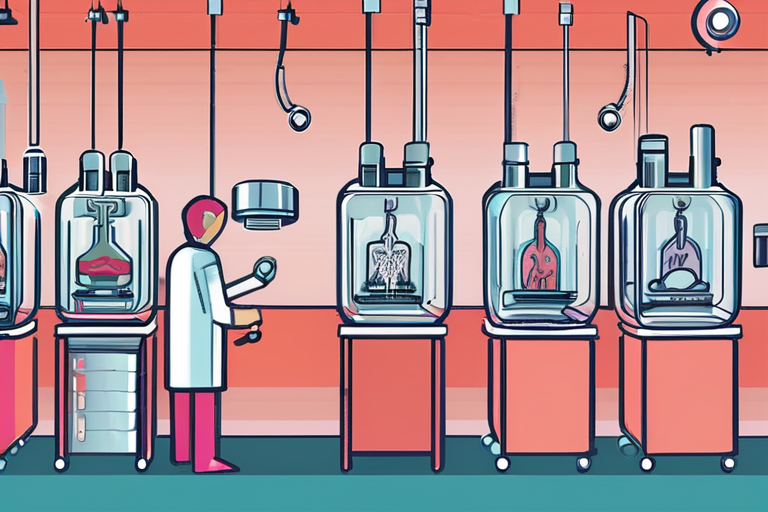
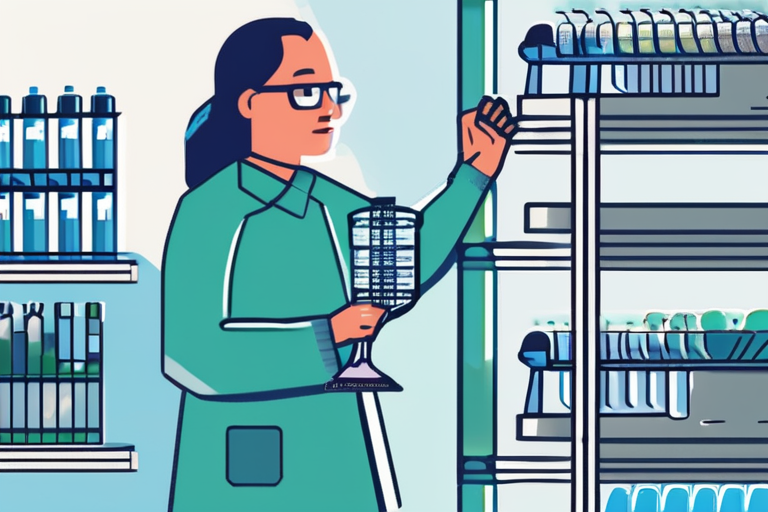
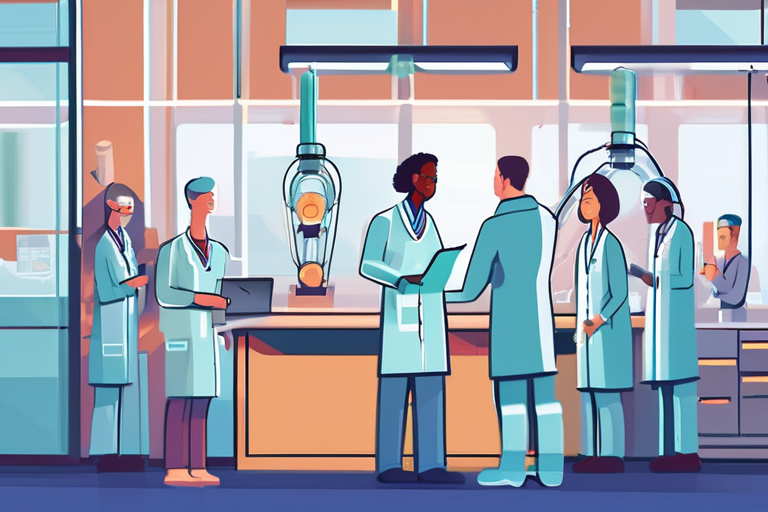
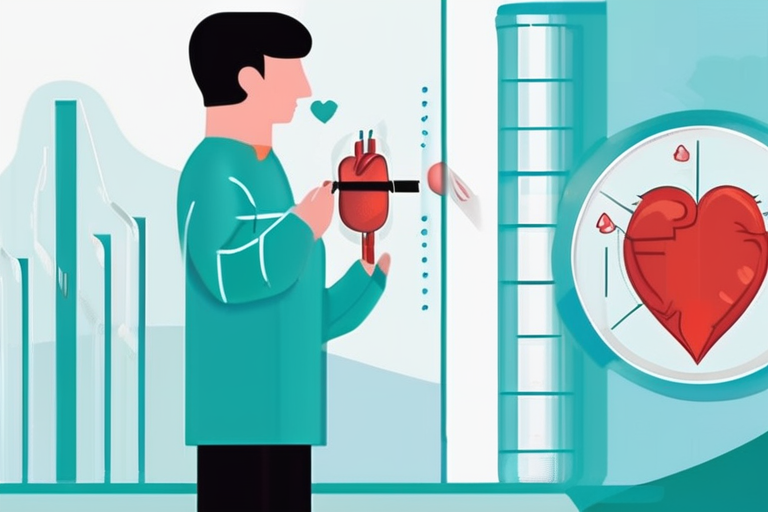

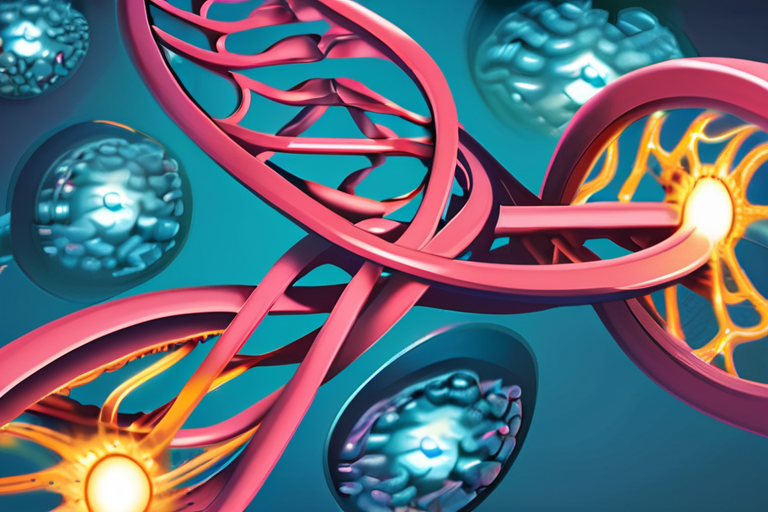
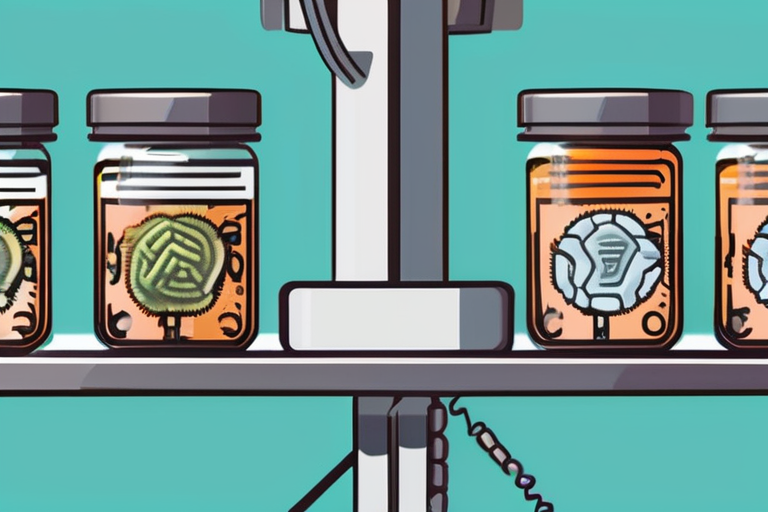



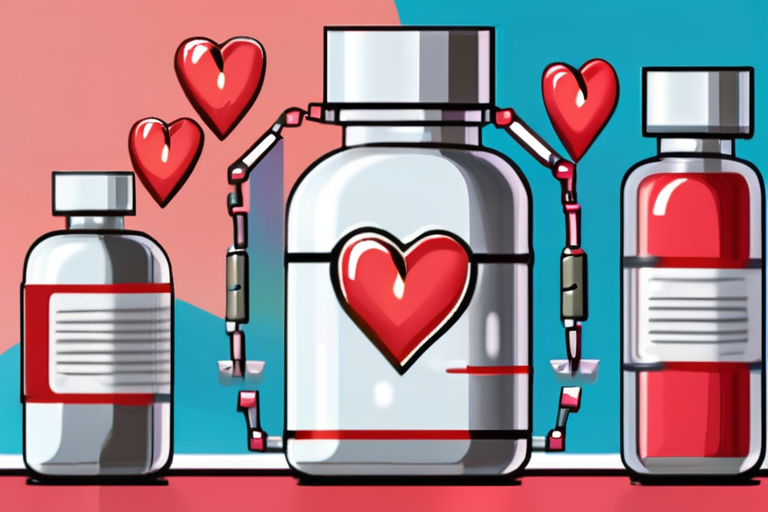

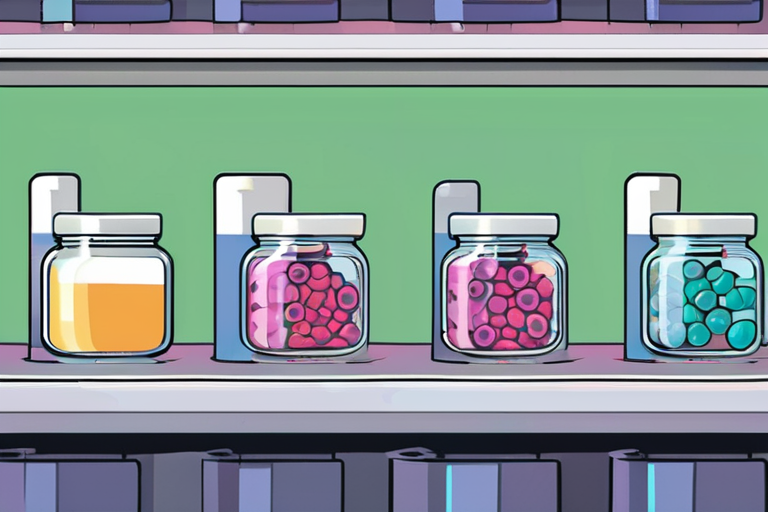
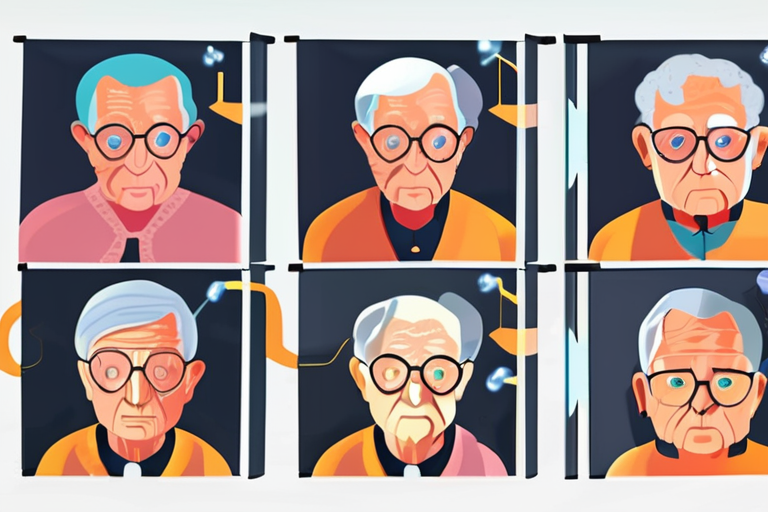

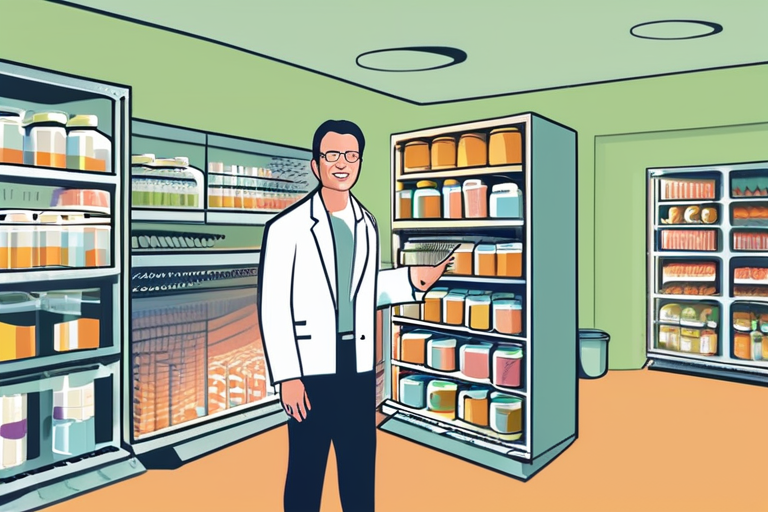
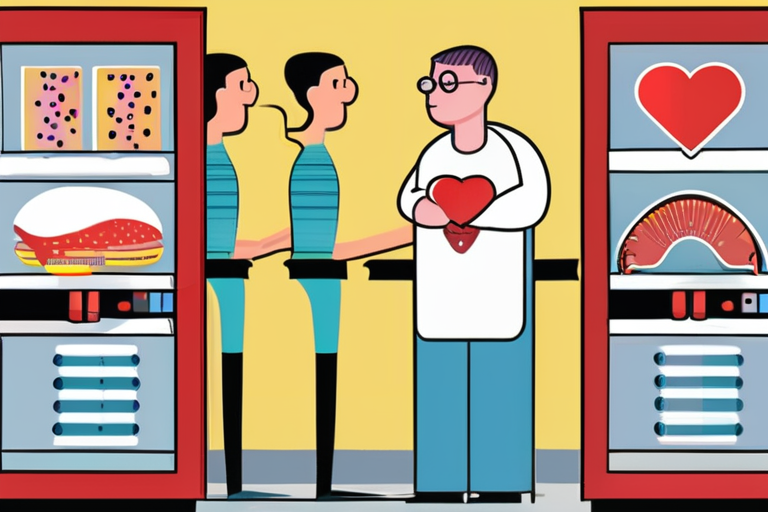
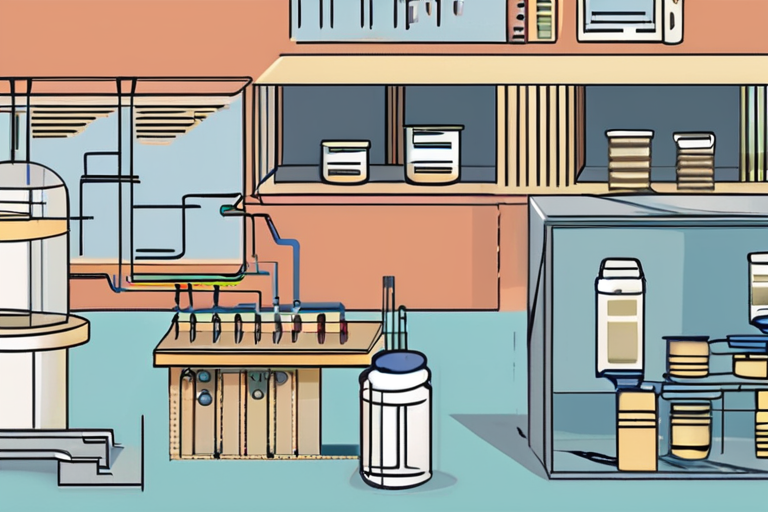
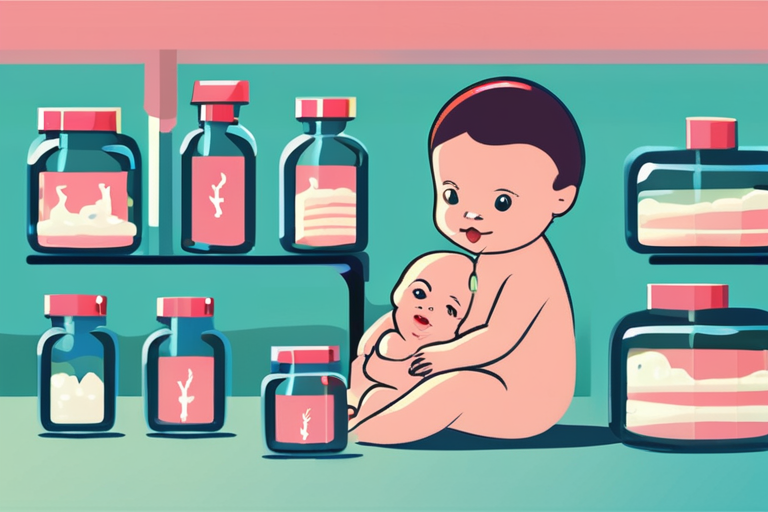
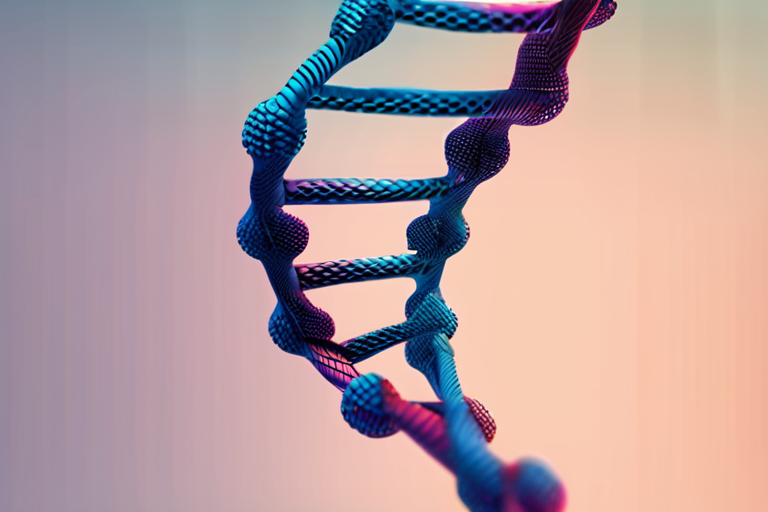
Share & Engage Share
Share this article